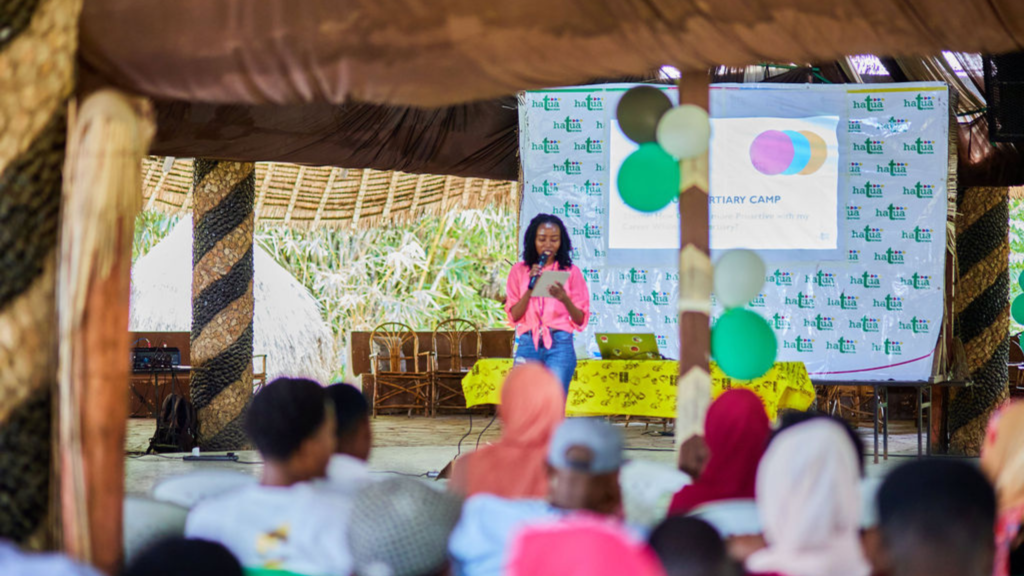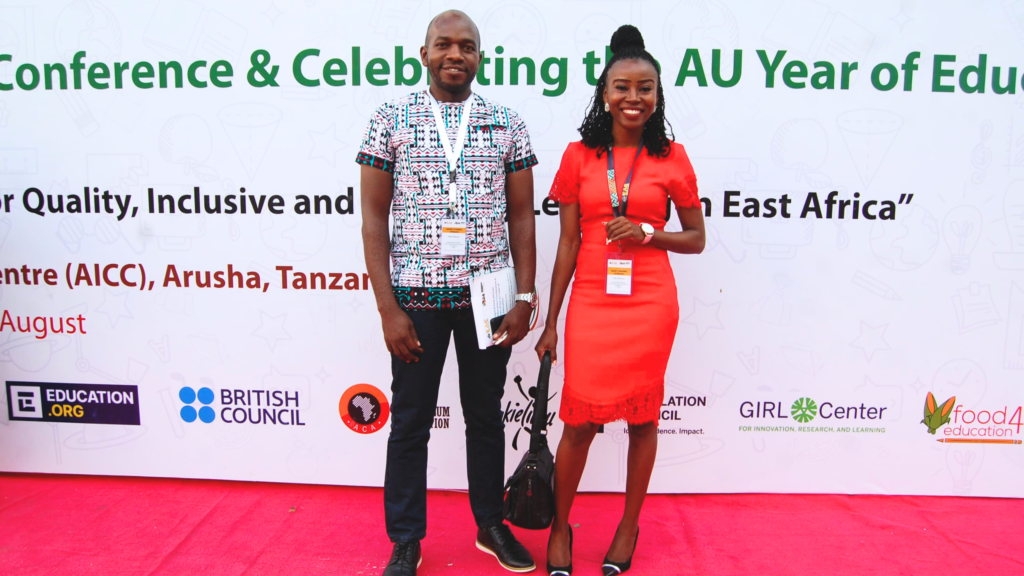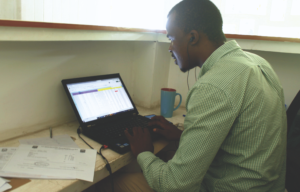
Hatua’s scholarship selection process is well known by many to be very rigorous. We review hundreds of applications from a pool of bright, and deserving students who need financial aid before selecting those who will join our ten year scholarship program.
The person behind this process is Steve Biko, Hatua’s Scholarship Officer. We sat down with Steve to find out more about Hatua’s application process and how Hatua conducted student selection for our 2021 cohort in particular.
What’s your role in the student selection process as Hatua’s Scholarship Officer?
My role is to ensure that we select high potential marginalized students and those whose parents can’t afford to pay their high school fees.
Can you tell us more about Hatua’s application process this year?
This year was very competitive. We received applications from 1,212 students in Mombasa county, out of which we selected 80 beneficiaries. We also had a shorter application window period from the previous years: we had a one month window from when we began our outreach to schools in mid-November 2020 to the final submissions of forms by students.
The application process at Hatua is always a team effort. We conducted outreach in 45 public primary schools in Mombasa, speaking to KCPE candidates and giving out application forms. Students who missed out on the application forms at schools were also able to get them from our offices, Hatua’s libraries, as well as from the local CDF offices in Mvita and Likoni sub-counties.
Thereafter, we went through the forms to make sure that they were duly filled in and contacted anyone with missing information on their forms to submit their complete details. The forms were then updated into our system before we began reviewing them as a team.
During the analysis we looked at the student’s past performance to check if they meet our average cut-off of 300 marks. Those who did, moved on to the next stage where we read and graded their essays. Usually, we’ll look at their fluency, grammar, and how they express themselves. The essays are very important because they are what help us make sure that we get the right student into our program.
From these scores, we selected the top candidates for home visits. During these visits, Hatua’s team, in teams of two together with Hatua gap year students, met the student’s guardians to assess the financial need of each applicant. After the home visits, Hatua staff discussed their visits and determined each applicant’s need level which can either be high, medium, or low need.
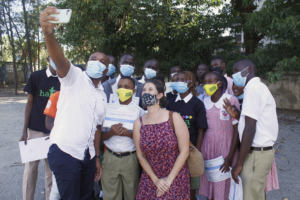
Co-founders Peter Kwame and Gabrielle Fondiller with Hatua’s 2021 Mvita cohorts.
How did the covid pandemic affect the student application and selection process this year?
Because of the covid situation in the country at the time, we couldn’t meet as many candidates like we usually do. Government regulations on public gatherings meant that most schools were hesitant to allow outsiders to meet their students in large groups.
Was there anything particularly interesting about this year’s student application and selection process?
Yes, there was. This year we took a keen interest in students’ personal situation and their environment at home. We looked at their level of need and how vulnerable they were.
We considered the red flags applicants raised in their essays. In some cases, students were giving us descriptions about their situation at home and how without our intervention, their guardians would stop supporting their education due to cultural reasons.
We also ensured that we had a balanced enrollment so that students were being represented from diverse schools across Likoni and Mvita sub-counties.
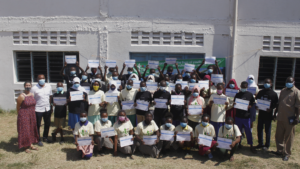
Hatua’s 2021 Likoni Cohort at Ushindi Baptist, Likoni.
So now that the selection process is over, what are your next steps after this?
One of our goals as Hatua is to ensure that our beneficiaries experience a continuous transition into the next stage of their education. My role therefore, is to make sure that they are admitted into high performing boarding schools where they stand a greater chance of joining university.
Before they enroll in school, we procure everything the student needs while in school such as books and uniforms. At the same time, our finance department ensures that their school fees are paid on time.
Throughout high-school, I monitor their performance; if anyone’s performance seems to be declining, we refer them to tutors as well as provide them with guidance and counseling.
Finally, what do you enjoy most your work?
My favorite part of my job is when students perform well and later come back to say thank you. That, and watching students who faced some difficulty in their performance improve and get better makes me happy!
There are many more brilliant but financially underprivileged youth in Mombasa who miss out on our scholarship due to resource constraints. With your help, we can change this. Donate or sponsor a student.
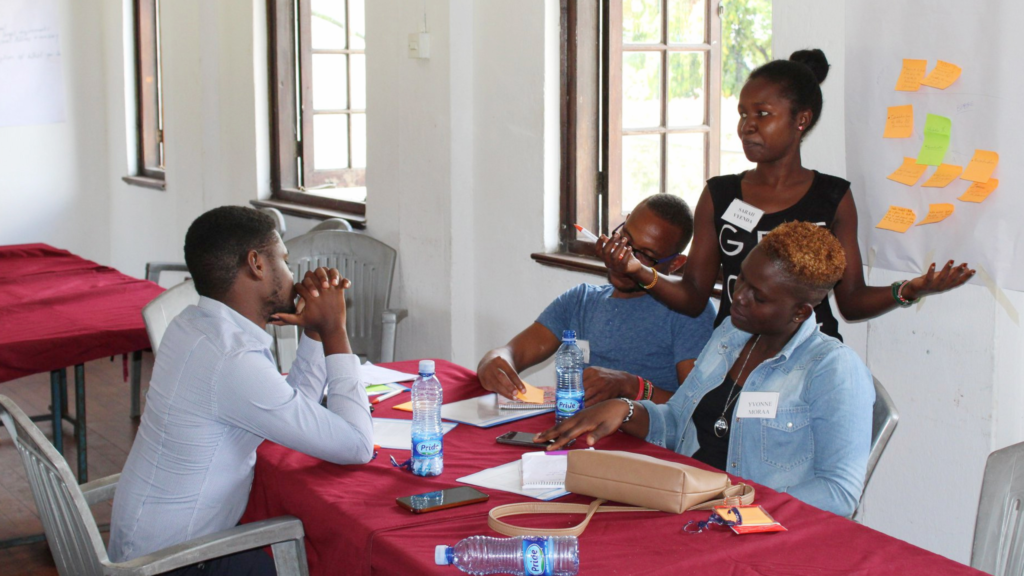
 Read More
Read More